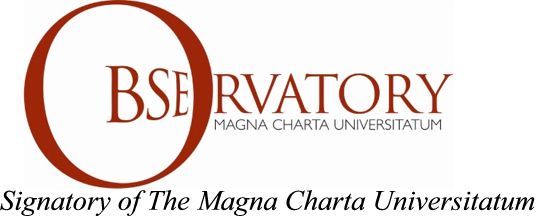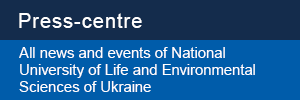EU Bioeconomy Conference 2022
EU Bioeconomy Conference 2022
11 October 2022, 12:24
As a part of Fellowships Programe under the Polish Nations Commission for UNESCO Doctor of Economic Sciences Butenko V. took a part in online conference «The Bioeconomy - Enabling the European Green Deal in Challenging Times» which was held on 6 th and 7 th of October in the Charlemagne building in Brussels.
1,671 people took part in the conference, including 4 participants from Ukraine.
The speakers were: Q. U. Dongyu, Director-General at Food and Agriculture Organization of the United Nations (FAO), Joanna Drake, Deputy Director-General at European Commission, Monika Jones, Moderator at Jones, Maired McGuinness, European Commissioner for financial services, financial stability and Capital Markets Union at European Commission, Ladislav Miko, Advisor to minister at Ministry of Environment noted the great importance of the forum, its importance for the future development of countries in the conditions of modern challenges.
There was presented the findings of the EU Bioeconomy Strategy Progress Report, adopted in June 2022 and highlighted the role of bioeconomy policy to enhance policy coherence and system thinking. A series of bioeconomy success stories from EU research and innovation was presented, alongside evidence for a successful implementation of the EU Bioeconomy Strategy. There was also an opportunity to discuss how the bioeconomy can help to better manage certain trade-offs, by addressing the question of how increasing biomass demand for energy and industrial needs can be matched with increasing climate and biodiversity objectives.
Bioeconomy encompasses all sectors and associated services and investments that produce, use, process, distribute or consume biological resources, including ecosystem services. From the food we eat to the furniture in our house and the clothes we wear, the bioeconomy, as one of the Union’s largest sectors, is already present in our daily lives. Bioeconomy can be the natural enabler and result of the European Green Deal transformation.
Some speakers pointed out on that the bioeconomy is at the centre of the transition towards a fair, just, and climate-neutral society and economy. While pressures on biomass and land use increase, fuelled by geopolitical crises, the need for a holistic bioeconomy, which will enable the right policy choices, is more urgent than ever. Today, the bioeconomy is not a mere vision, but has a real impact on the daily life of millions of EU citizens. Investments into innovative bioeconomy solutions are helping Member States to meet climate and environment targets and enabling a fair and just transition for all. EU policies and Horizon Europe support the knowledge-based bioeconomy and help to develop biobased solutions in support of the European Green Deal objectives.
At the forum it was emphasized that the bioeconomy is an opportunity for reviving rural areas. It creates more innovative jobs in the primary production and food sectors, it boosts the rural economy and contributes to rural areas sustainable growth. By providing quality job opportunities, it attracts newcomers to rural areas and supports generational renewal in the agricultural sector. Deploying value chains in which primary producers and other rural actors are fully integrated is a key success factor to diversify incomes and to create more skilful jobs and innovative expertise. The new Common Agriculture Policy allows Member States to set out interventions adapted to their local conditions to promote the development of the bioeconomy in rural areas, providing the possibility to move from individual projects to a more systemic approach and making primary producers active actors of the supply chain. Bioeconomy innovation ecosystems can guide the development of sustainable territorial solutions, for example through the design of territorial bioeconomy strategies, appropriate governance and financing systems that supports technological innovations and innovative business models.
Over the course of two days, extremely important issues of further economic development of the EU were considered and discussed at 11 sections.
Vira Butenko,
Department of Economic Theory























